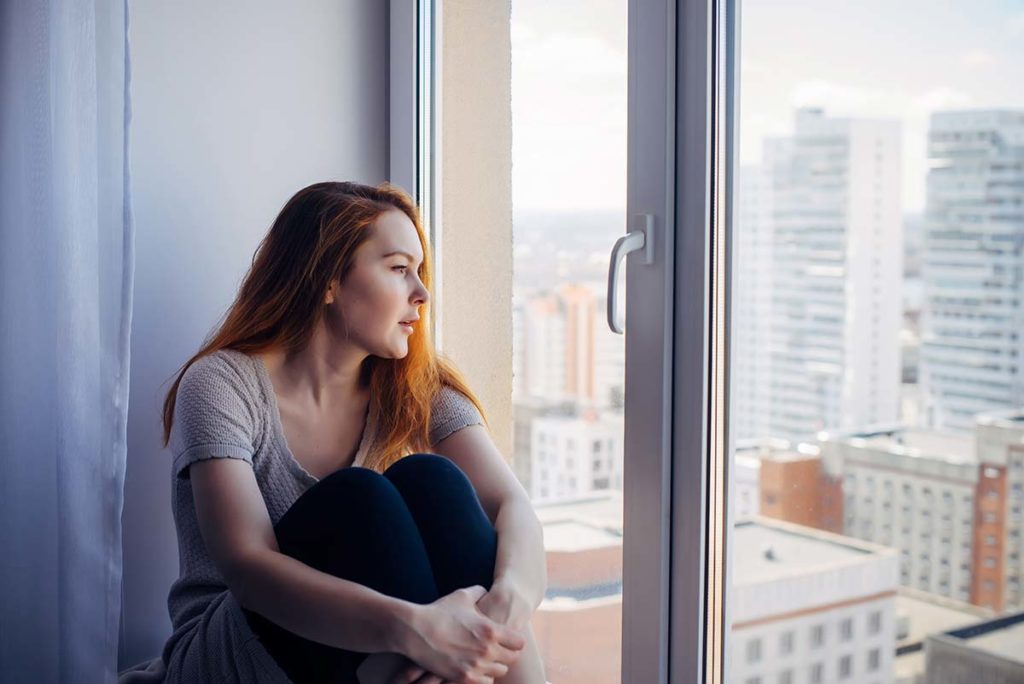Millions of Americans struggle with substance misuse. For many, that struggle requires professional treatment. There are many different types of treatment programs that can help with substance abuse. It can be challenging to figure out which type is best for you or your loved one. In some cases, residential treatment is best. But what is residential treatment, and would a residential treatment program be the best choice for your situation? Learning about these different treatments can help you feel more empowered as you begin your recovery journey.
If you or a loved one is struggling with substance use disorder, the residential treatment program at Serenity Grove can help. Contact us at 844.904.3485 for more information.
What Is Residential Treatment?
Residential treatment is an intensive treatment program for substance use disorder and often for mental health. Characteristics of a residential treatment program include:
- That clients stay at the treatment center so that they can be monitored by care staff in a safe environment. One of the reasons for monitoring clients in this way is that when a drug or alcohol is being stopped, a variety of uncomfortable and medically risky symptoms can occur.
- That the program is staffed by people with expertise and training in addiction and mental health.
- That there are usually different types of therapies available, including individual, group, and family.
- A structured schedule with time for activities such as therapy, recreation, and education.The
- The length of stay is typically 30 days or more but can be shorter or longer, depending on the program.
Who Can Benefit From Residential Treatment?
Anyone who is struggling to stay sober can benefit from residential treatment. People who participate in a substance or alcohol use treatment program can better maintain their recovery over time. For some people, quitting drugs and alcohol might mean separating themselves from people and places that have previously facilitated use. For others, a secure treatment center can help keep them safe during a critical time in recovery. Another factor that can make residential treatment a good choice is mental health treatment. People struggling with substances may also be dealing with untreated mental health issues. Residential treatment programs can help clients resolve all these issues in a safe and recovery-focused environment.
What Is Residential Treatment Like?
The answer to this question varies from program to program. However, there are several qualities that most residential programs share:
- Access to medical and psychiatric care
- Counseling and therapeutic activities
- Group therapy and peer discussions
- Daily activities to promote healthy and happy living
- Preparation for a less intensive level of care, often outpatient
- Focus on recovery and developing skills that will support recovery
What Happens After Residential Treatment is Over?
Often, clients who have completed a residential treatment program will transition into a less intensive program. Most residential programs offer outpatient programs or have relationships with outpatient programs to help clients ready to start rejoining the world outside of treatment. Some clients might participate in an intensive outpatient program (IOP), while others might go to a sober living facility. Each client’s individual needs will determine the best continuation of care.
Serenity Grove’s Residential Treatment Can Help
At our treatment center in Athens, Georgia, we offer a range of programs to fit the needs of clients struggling to change their relationship with drugs or alcohol. We recognize that every person has unique needs, so our highly-trained staff of clinicians will work with you or your loved one to develop an individual course of treatment. If you or someone you care about needs assistance to quit drinking or using drugs, reach out or call us at 844.904.3485 and learn what we can do to help.


